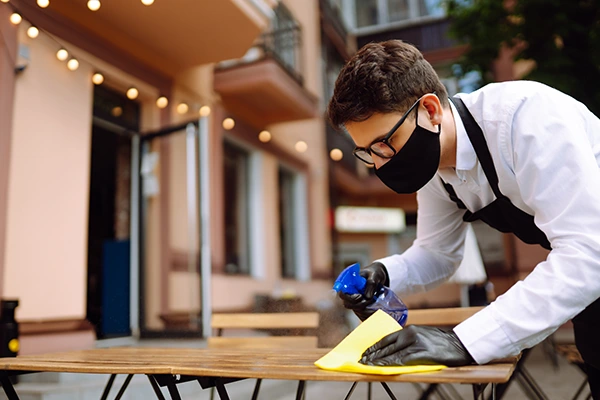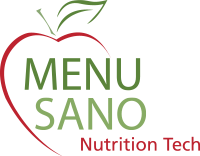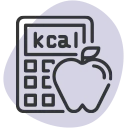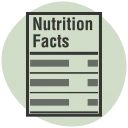The holidays can be a hectic time not just for individuals having to visit friends and family but businesses also. Food safety is paramount during this season as the last thing you need is an inspection that could potentially bring your business to a halt.
Why is food safety so important during the holidays?
Food poisoning is a severe illness that can result in hospitalization or even death. With so many people traveling and having in-person gatherings, it is essential to adhere to food safety guidelines in order to prevent the spread of disease. Here are five tips for holiday food inspection survival:
1. Create a comprehensive food safety plan:
Make sure you have clear policies and procedures in place that are designed to prevent food contamination, including training staff on proper food handling practices and implementing an effective pest control program.
Develop an emergency response plan that outlines procedures for dealing with possible contamination or food poisoning issues. It should include contacts for local health departments and other relevant agencies, as well as steps to follow if a customer becomes ill after eating your product.
2. Have all of your documents in order:
Make sure that all of your food safety protocols, paperwork and certification materials are up-to-date and readily available for inspection. Don’t wait until the inspector arrives to figure out if something is missing or incomplete.
Different states will require different permits depending on the type of business you run. Ensure that you have all your paperwork up-to-date beforehand, as it could save you time and hassle during an inspection.

3. Inspect your premises:
Inspect the premises that you plan to use for food preparation, storage, and serving. Make sure all surfaces are clean and sanitized and that equipment is working properly. Check for any potential hazards or problems that could lead to the contamination of your food products.
4. Educate yourself and your staff:
Make sure that everyone involved in handling food is up-to-date on food safety protocols. Provide training for staff members, so they know how to handle, store, prepare and serve food safely. Keep detailed records of this training so you can provide proof in case it’s requested by an inspector.
Ensure that all staff members are knowledgeable of proper hygiene techniques and are trained on how to clean kitchen areas thoroughly. This includes washing hands regularly, sanitizing countertops, and storing foods at the right temperatures
Before inspections, make sure all of your staff are properly trained and knowledgeable on the latest food safety regulations. Having everyone up-to-date will give you better odds of passing an inspection.

5. Keep a close eye on food handling
It’s essential to ensure food is prepared, stored and served safely to avoid any potential health risks. With any food handling situation, cleanliness is vital and must be maintained throughout the day. Be sure to wear gloves when handling food, wash hands regularly and follow proper food storage guidelines. Emphasize the importance of frequent handwashing for both employees and customers, especially after handling raw ingredients or ready-to-eat foods.
One of the best ways to keep your customers informed on what they’re consuming, is with Nutritional Fact Labels. Luckily for you, that’s exactly what we do here. MenuSano is the best way to create full Nutrition Fact Labels for all your dishes and recipes, so you can spend less time stressing, and more time getting ready for inspections. Start a Free Trial today!



















